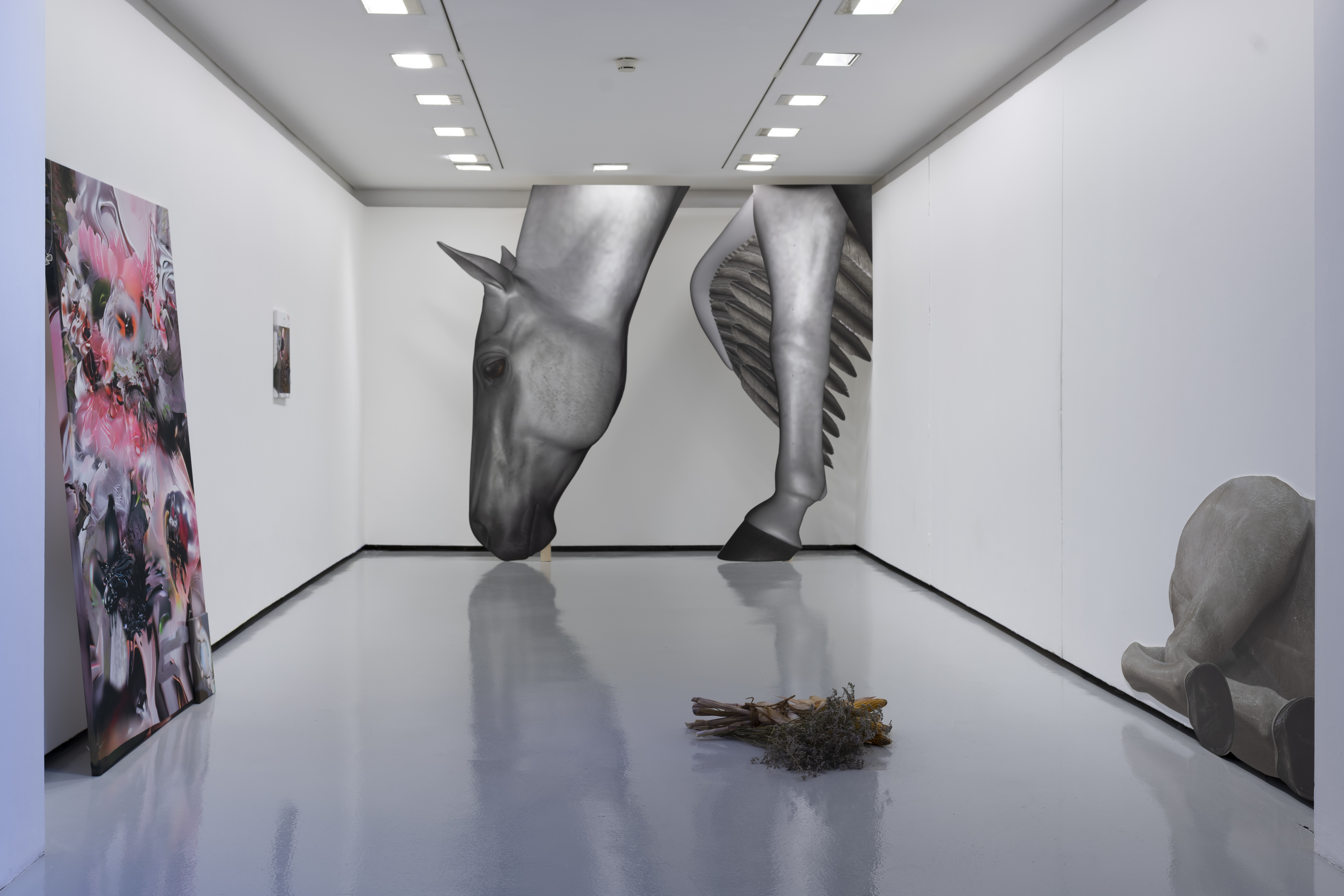Hybrid #5
创造带来持续价值的产品、“推荐文化”、在母语里流浪、当你离开的时候,以及一些旅游建议等

摘录
I like to think I mostly get done what I set out to accomplish. My success right there is pretty high in terms of delivering products that have lasting value. I’m not the guy to tweak things in production – it’s either a clean piece of paper or a complete disaster.
An AnandTech Interview with Jim Keller: ‘The Laziest Person at Tesla’
One problem with recommendations as the grist for the digital content mill is that there are only so many things to recommend. Repetition, or scalability, is the enemy of taste, because in time it reveals a latent sameness in what we all like to like. Bainbridge acknowledged the problem: “You want to feel unique and you want to feel like you have your own thing. The minute more people are talking about Bar Italia”—an indie London rock band—“or whatever, you feel like you’re less of an individual.” Sharing recommendations online now can present a quandary when it comes to spreading things you are deeply, personally passionate about: if the algorithmic content feeds get hold of it, it’s likely to be blasted to millions of people and erode your personal claim to whatever the thing is that you love. (Or worse, fed into the maw of generative A.I. and reproduced.) A restaurant grows insurmountably booked; a musician’s work gets churned through social-media discourse. It might be safer just to recommend nasal spray.
The Banality of Online Recommendation Culture - The New Yorker
The costs of never finishing extend far beyond just missed opportunities. While starting projects might expose you to new technologies or concepts, it’s in the act of finishing — of solving those last, trickiest problems — where real skill growth often occurs. Each unfinished project can chip away at your confidence. Over time, you might start to doubt your ability to complete anything substantial, creating a self-fulfilling prophecy of incompletion.
但是,去對我們身處的時代下一個賭注又是何其孤注,一個人在母體之外寫母體裏的故事,那種身首異處的錯位感是極其凜冽的,像自己身上那根文化的臍帶在太平洋上斷成兩截,從此你開始在新大陸上尋找新的榫卯,一切只為了讓自己有根。我生長的故土,實則是一個東方和西方不斷拉扯和聯姻的農村舊式舞台,百多年前的摧枯拉朽暗合了近些年倒著轉的輪迴,真是一再否定,一再螺旋,都讓我無從知曉自己到底處於世界史的何種座標。你只感到你像是背著一個戴滿了翠玉花鈿的老嫗,在「時間的無垠的荒涯」上一會兒往東一會兒往西,顛到哪兒,哪兒就是原點。
Yet the end point for the working artist is to create an object for sale. Once the art object enters the market, art’s intrinsic value is emptied out, compacted by the market’s logic of ranking, until there’s only relational worth, no interior worth. Two novelists I know publish essays one week apart; in a grim coincidence, each writer recounts their own version of the same traumatic life event. Which essay is better, a friend asks. I explain they’re different; different life circumstances likely shaped separate approaches. Yes, she says, but which one is better?
The Collapse of Self-Worth in the Digital Age - The Walrus
I used to blame advertisers for that restlessness and dissatisfaction, but I don’t think that’s right. We were already restless; we always have been. The advertisers just figured out how to nurture, tend, exacerbate, and capitalize on the pre-existing condition, that innate restlessness, promising that something new is going to set all to rights. When the flashing sidebar connects that hand lotion, those hiking boots, a beach vacation, or some rugged SUV with satisfaction, joy, and inner peace, it sure feels like we’d be suckers not to buy it. And when that thing inevitably disappoints, we hardly even notice. There’s always something new to buy. That narrative of elusive satisfaction isn’t just something we’re repeatedly being told; it is a story we’re literally buying into all the time. No surprise, then, that when our beloved to whom we once upon a time “pledged our troth” inevitably disappoints, we start thinking it might be time to get a new beloved.
刚好在听:当你离开的时候 - 蔡健雅。
Good thinking is about pushing past your current understanding and reaching the thought behind the thought. This often requires breaking old ideas, which is much easier to do when the ideas are as rigid as they get on the page. In a fluid medium like thought or conversation, you can always go, “Well, I didn’t mean it like that” or rely on the fact that your short-term memory is too limited for you to notice the contradiction between what you are saying now and what you said 12 minutes ago.
[…]
You are interested only in proofs which ‘prove’ what they have set out to prove. I am interested in proofs even if they do not accomplish their intended task. Columbus did not reach India but he discovered something interesting.
—Lakatos
[…]
There are several subtle problems with this conclusion. But the point is—these problems didn’t come into view until we had stretched and probed our original position.
How to think in writing - Escaping Flatland
- Time seems to speed up as you get older. And you wonder—is it biological, or is it because life had more novelty when you were a child? Travel partly answers this question—with more novelty, time slows way down again.
- My favorite part of of travel is the perspective it gives on “regular” life. Why do I live the way I do? Is the stuff I do for work what I want to be doing? Should I blog about a “topic” instead of whatever shiny object last caught my eye? These thoughts seem healthy but also… not particularly related to traveling? If you designed an experience to create this kind of perspective, what would that look like?
[…]
- Most people incorrectly prefer aisle seats to window seats. They’re sure to discover their error sooner or later, but in the meantime, use it to your advantage.
- Many of the people who seem “best” at travel seem to be really good at having sensory experiences—at shutting down the internal dialog and letting the sights and sounds and smells wash over them. I am by nature horrendous at having sensory experiences, but if I make a conscious choice, then it’s pretty easy and often quite profound.
- Don’t confuse scarcity with value. A really good afternoon in the park (a really good one) is maybe about as good as it gets.
- Travel reveals the value of stability, roots, routine, community, relationships, and cooking at home.
 ©
©